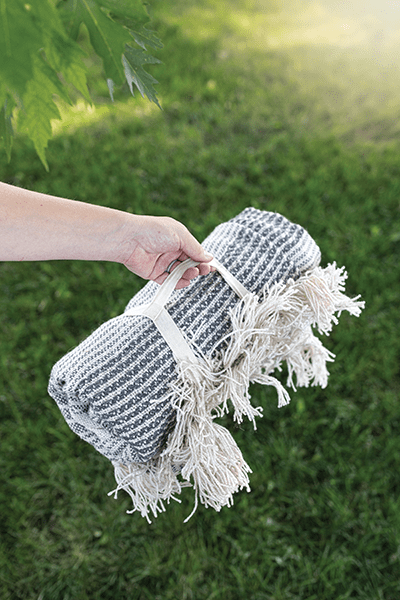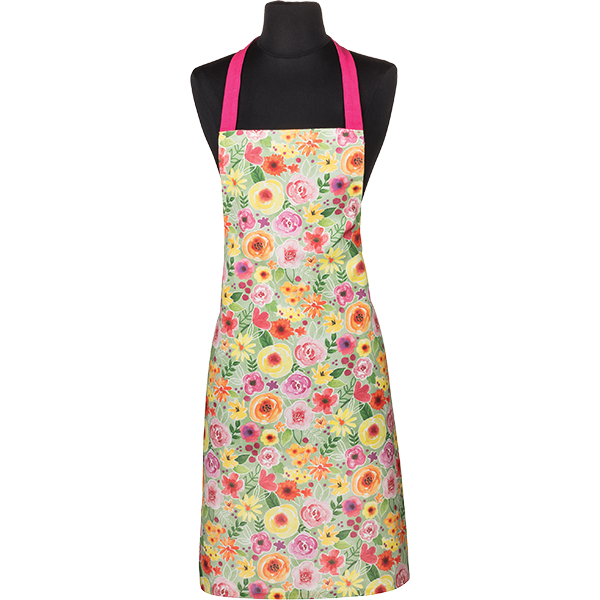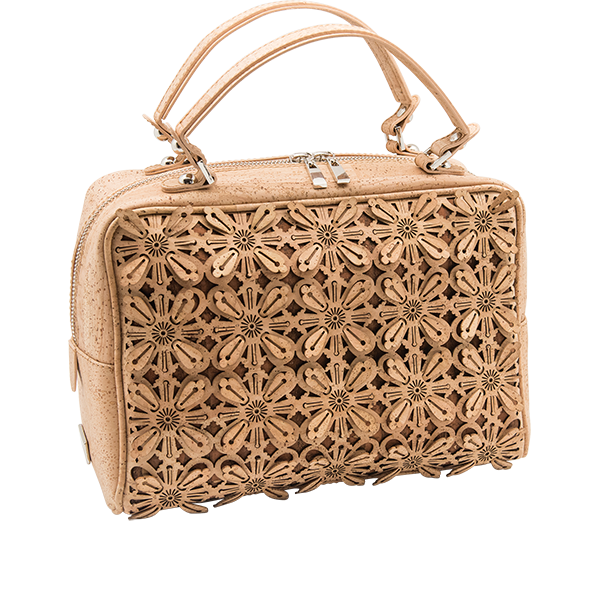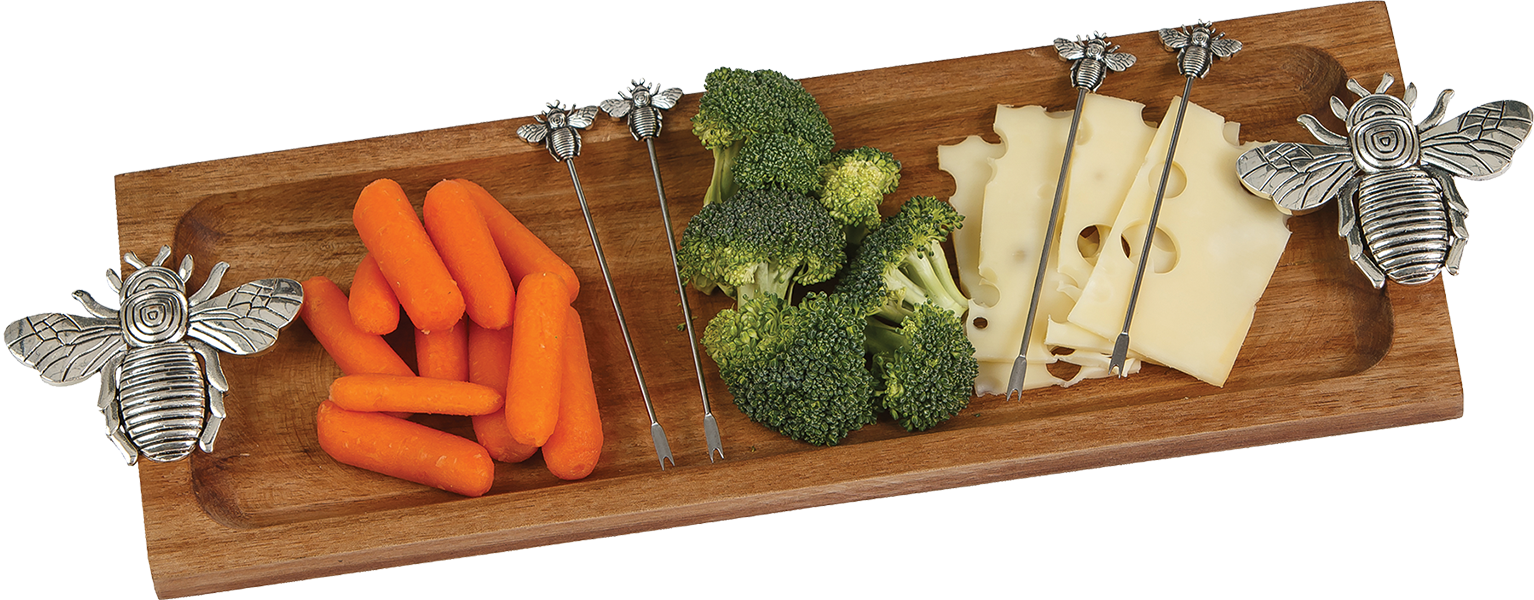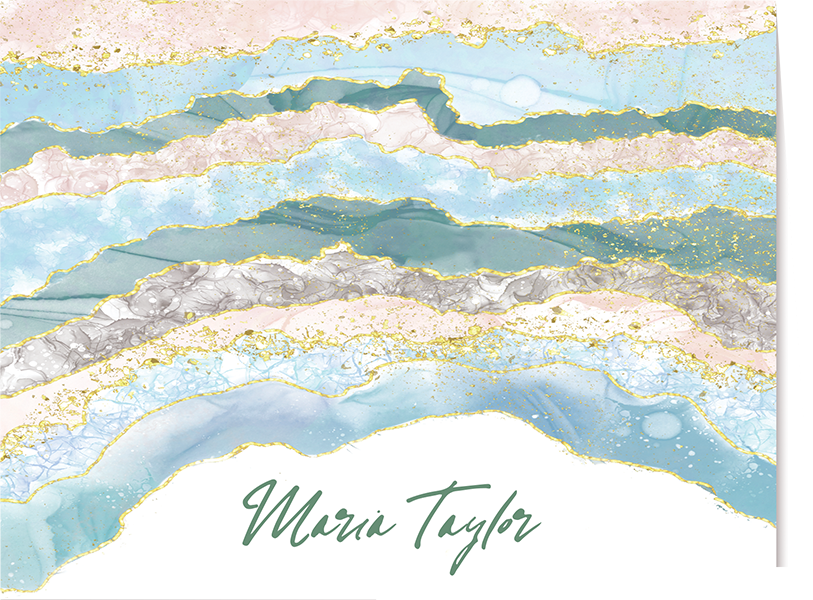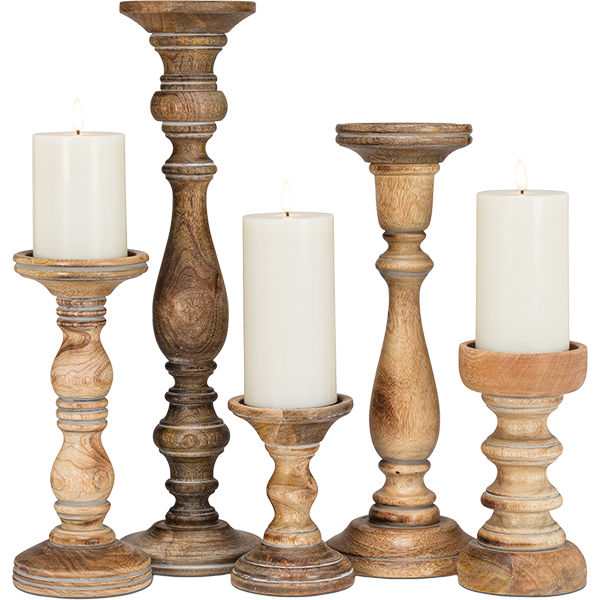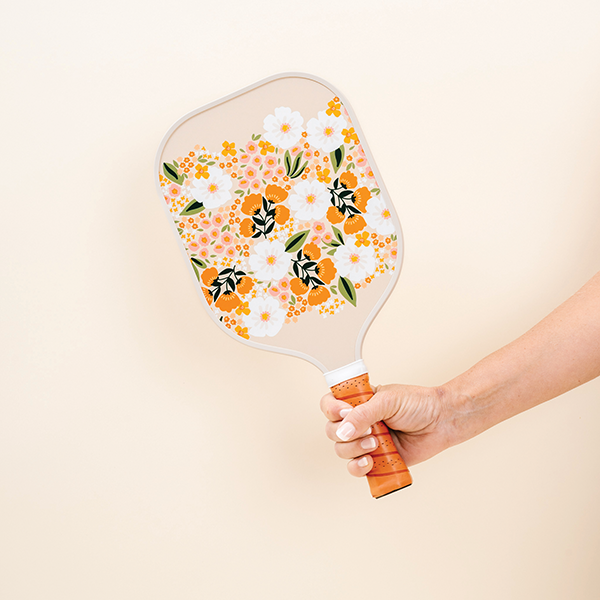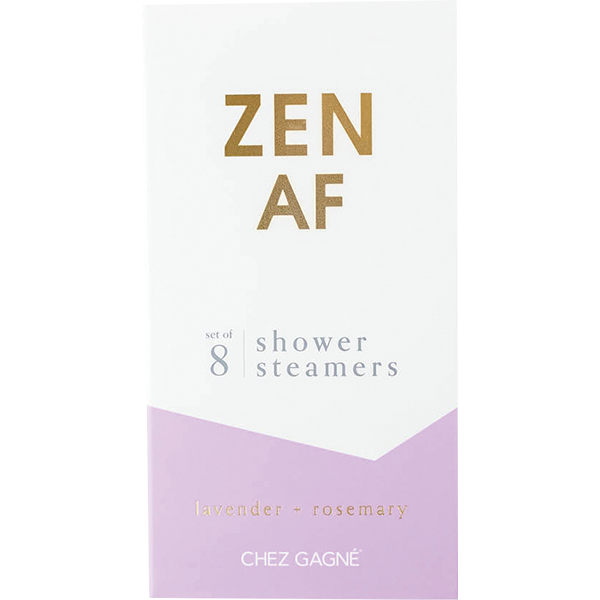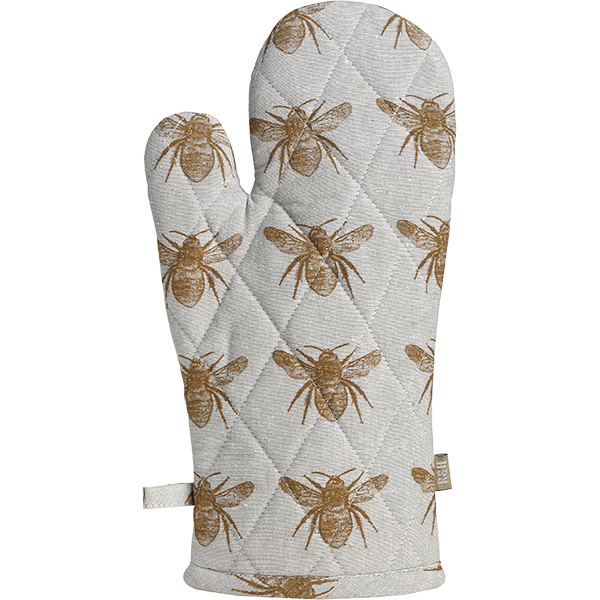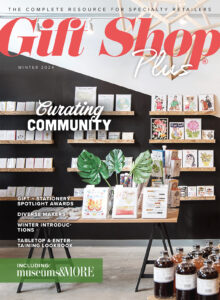Made in America: U.S. consumers want U.S. products, but there is a limit
Buy American.
It’s a slogan attributed to, or at least mass marketed by, the United Auto Workers Union during the 1970s and early ’80s. Many others have followed — “Made in the USA,” “Buy Local” and “Shop Small,” just to name a few. In other words, the push for economic nationalism and localism is nothing new. But are consumers buying in?
Studies say yes. Perception Research Services (PRS) reports upwards of 80 percent of U.S. shoppers look to see where is a product is made before purchasing. About three-quarters say they’re more likely to buy it if it labeled as American-made. Consumers — baby boomers and millenials alike — cited the recession of the 2000s as the biggest motivation for buying American- or locally made goods.
The sentiments of Tommy Brown, St. Louis Zoo Retail Manager and board member of the Zoo and Aquarium Buyer’s Group (ZAG), echoed the PRS’ findings in that consumers’ desire to buy American stems from wanting to make a difference as opposed to buying out of national or regional pride.
“Yes, people do look where things are made but they rather know who or what the products they are buying are helping,” Brown said. “This new shopper is very concerned with how the product they buy impacts the world and people around them much more than where it is made.”
While four in five shoppers might look for Made in the USA products, perhaps even pay slightly more, far fewer are willing to deep into their pockets just to buy local. Price always has been a major factor for consumers and that isn’t changing, said Art Mandelbaum, CEO of Gratitude LLC, a sales, marketing and manufacturing organization that works with artists and designers in the gift and accessory industries.
“One important caveat with all this is the buy-American interest is always contingent on the products being price competitive with those made off-shore,” Mandelbaum said. “I have seen where there is a desire to buy American, as long as the consumer doesn’t have to pay what (they) think to be exorbitant sums for product similar to one made off-shore which is much cheaper.”
Added Katherine Dikeakos, marketing manager for The Madison Park Group, a wholesaler representing numerous gift, party product and stationery lines: “As with everything, there is a ceiling as to how many consumers will pay for a product, however it has been our experience that customers don’t mind paying a bit more money for a high-quality, domestically produced or handcrafted product. This is especially true if the product is clearly branded and marketed to promote its ‘made in the USA’ and/or ‘handcrafted’ production process.”
Consumers are requesting more made in America merchandise, and retailers are certainly taking those wants to heart.
“Over the past few years we have found that the demand for made-in-the-USA products is growing. While at tradeshows it is not uncommon to work with retailers who will only purchase items that are made in America,” Dikeakos said. “Even those who may not exclusively purchase items made domestically will inquire about the location of production, leading us to believe that not only is it important to the retailer to purchase made-in-the-USA products, but to their customers as well.”
When asked if the seemingly growing availability of American-made merchandise was a matter of more companies and products or more companies more aggressively marketing products that are American-made, Mandelbaum said it’s both.
 “There are more companies making product domestically either in their own factories, or by outsourcing to American manufacturers who are making the designs created by the American companies,” Mandelbaum said. “I also have seen a lot more emphasis placed on marketing and branding by American-made companies, which is capitalizing on the increased desire from the consumer to buy American.
“There are more companies making product domestically either in their own factories, or by outsourcing to American manufacturers who are making the designs created by the American companies,” Mandelbaum said. “I also have seen a lot more emphasis placed on marketing and branding by American-made companies, which is capitalizing on the increased desire from the consumer to buy American.
“I also think there are more domestic manufacturers who are making it known to our industry that they are available to make product for the design houses.” Dikeakos agreed: “For our product lines we definitely make sure that we’re promoting all items that are manufactured domestically — even those that have been in the collection for years, but may not have been previously advertised as such,” she said. “Additionally, we’re hearing the feedback from our customers, especially in the personal care world, that made-in-the-USA products are often preferred, and we keep this in mind when developing and sourcing new items.”
“Made in the USA” label? It better be!
“Made in the USA” is a powerful marketing tool, powerful enough to entice manufacturers to slap a sticker on their products stating they are American-made, even if they’re not. That’s a big no-no in the view of the Federal Trade Commission, which has a detailed policy on the subject.
Outside of automobiles, textiles, fur or wool products, manufacturers aren’t required to label where their products are produced. However, if they choose to promote an item as being American-made, it must be “all or virtually all” made in the United States.
For more details or to report suspected fraud, visit www.ftc.gov or call 800-ITSFAKE (487-3253).













